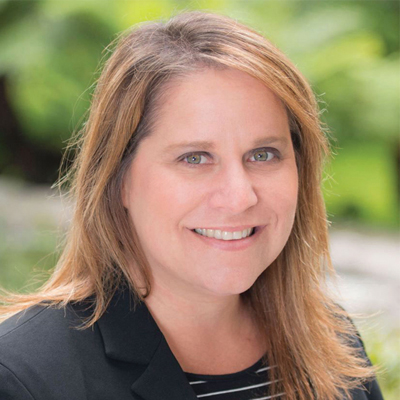Regulatory/Law
Marine Risks on the Rise
Marine insurance has seen changes in risks throughout the years and now faces even more challenges.
- Alicia Gurries
- December 2019
-





NAT-CAT RISKS: The winds of Hurricane Dorian caused this ship (seen through a broken wall of a house destroyed by the storm) to run aground in Abaco, Bahamas in September. Hurricanes were among the major causes of marine losses in 2019.
AP Photo/Ramon Espinosa
Taking a look back at 2019, changes in climate and technology have increased the need to manage insurance losses arising from severe marine events. While punitive damages remain a part of marine risks, a new Supreme Court case limits their availability in certain marine claims.
Natural Catastrophes
Hurricanes Barry, Dorian, Humberto and Lorenzo, as well as Tropical Storm Imelda helped make hurricane losses among the biggest marine losses of 2019. Hurricane Lorenzo became the easternmost Category 5 Atlantic hurricane on record, and the tug supply vessel Bourbon Rhode sank in the Atlantic Ocean during the storm with 14 crew members on board. Typhoons Wipha, Lingling and Hagibis resulted in the sinking of two barges, a bulk carrier, a coaster, a container ship and a cargo ship.
Warmer ocean temperatures and higher sea levels are expected to both increase the frequency of Category 4 and 5 hurricanes and intensify their impacts with higher rainfall rates, according to the Geophysical Fluid Dynamics Laboratory. While global politics may help address the climate change risks facing the marine industry, continuing climate change is anticipated to lead to more intense weather events that will effect marine risks.
Technology's Effect on Risks
While improved ship design and technology have helped to prevent breakdowns and accidents from turning into major losses, new technology does not necessarily decrease the number of overall losses. The International Maritime Organization is requiring a .50% cap from the current 3.5% sulphur cap on marine fuel from Jan. 1, 2020. Exhaust gas cleaning systems using scrubbing technology on ships are necessary to comply. These changes are anticipated to increase claims relating to machinery breakdown. While the growing prevalence of smart sensors may help reduce the anticipated machinery claims through performance monitoring and early intervention, this technology also comes with its own set of risks, including technical issues with engines and bunkering of biofuels.
While sensor technology is also aiding better monitoring and early intervention, ship fires continue to generate large losses for insurers. According to reports, four significant container ship fires since March 2018, including the ER Kobe, APL Vancouver, Maersk Honam and Yantian Express, have an estimated US$130 million in damages. The Sept. 2 fire and sinking of the Conception in California's Santa Cruz Island resulting in the loss of 34 lives is a reminder that despite improvements in safety and technology, disasters cannot always be prevented.
Supreme Court Rulings
Punitive damages have been an increased risk to vessel owners since the Supreme Court's rulings in 2008 and 2009. In Exxon Shipping Co. v. Baker (2008) the Court ruled punitive damages are recoverable under maritime law and in Atlantic Sounding Co. v. Townsend (2009) it ruled punitive damages are available in actions for maintenance and cure under general maritime law.
This year, the Supreme Court issued an opinion in Dutra Group v. Batterton holding that punitive damages are available for maintenance and cure claims but not for claims of unseaworthiness.
The Dutra ruling provides a higher level of predictability for maritime insurers in the United States.
These changes will continue to impact marine insurance for years to come.

Best’s Review contributor Alicia Gurries is an associate in Cozen O’Connor’s Global Insurance Department (San Francisco office), providing coverage analysis of complex first- and third-party claims. She can be reached at agurries@cozen.com.



























